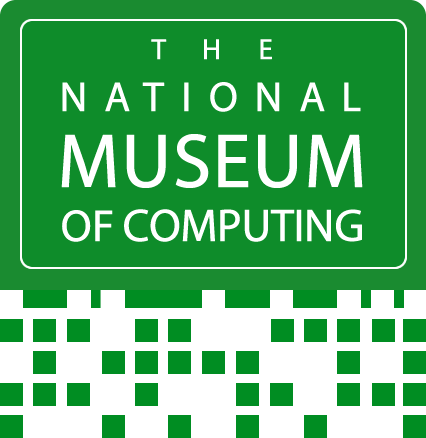The Classroom is a multi-use space. It is used for learning in the broadest sense. It is a space for workshops, activities and talks for a wide range of groups including school and academic groups, families and special interest groups. The Classroom also has displays of vintage BBC micro machines as well as having a working suite of machines so that visitors can use the real thing to program.
The Beeb and its legacy
The landmark BBC Computer Literacy Project of the 1980s made a huge impact on education in Britain. The TNMOC classroom contains 18 vintage BBC micro machines that are used in teaching our education groups. The room also contains a computer which holds an interactive archive of the Computer Literacy Project.
BBC Micro
The BBC Micro was the winning design for the BBC’s Computer Literacy Project and the resulting series of computers became a mainstay of British schools in the 1980s. First demonstrated by Acorn Computers in 1981, more than 1.5 million were sold and its rugged design ensured that they survived the classroom environment.
Acorn
Offering access to the powerful version of the ROM-based BASIC programming language, the BBC computer included a ‘Tube’ interface enabling communication with a second processor. This feature was to influence Acorn’s development of the ARM processor, a hugely successful technology of today.
The ‘Beeb’ could be linked to many peripherals, one of which was a very specialist Advanced Interactive Video Disc (AIV) used to deliver the BBC Domesday Project. TNMOC has three of the few surviving original Domesday systems to give access to the 1986 Domesday Project archives.
The BBC Micro Classroom
Always popular with visitors, the BBC micro made a startling comeback at TNMOC in 2010 when six machines became programming work stations for visiting students to the Museum. Without distractions from the usual applications and the internet, students can establish a very direct connection with the computers through the language of BASIC at a speed that doesn’t bewilder. The workstations, now expanded to 18 BBCs linked to an Econet network, provide an ideal introduction to programming for future generations of computer scientists.






